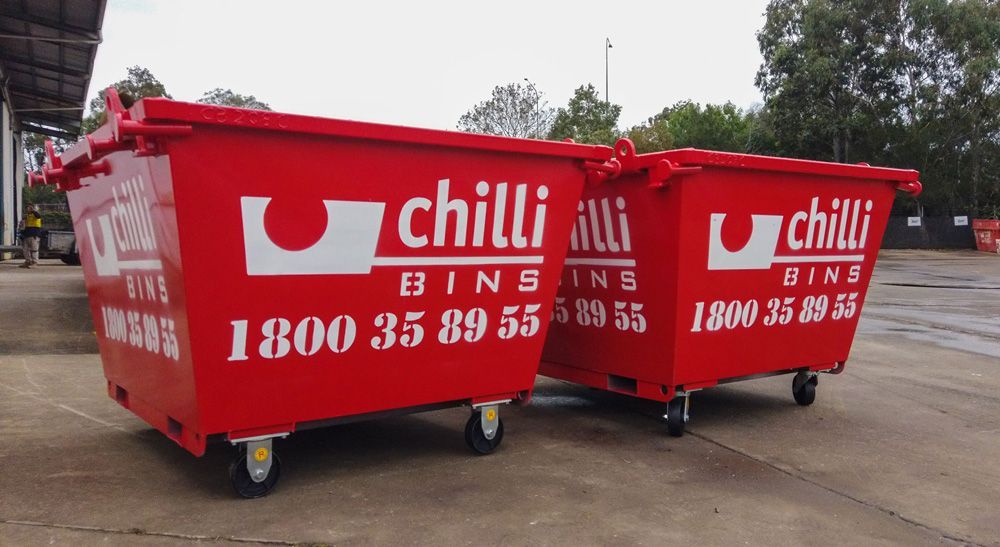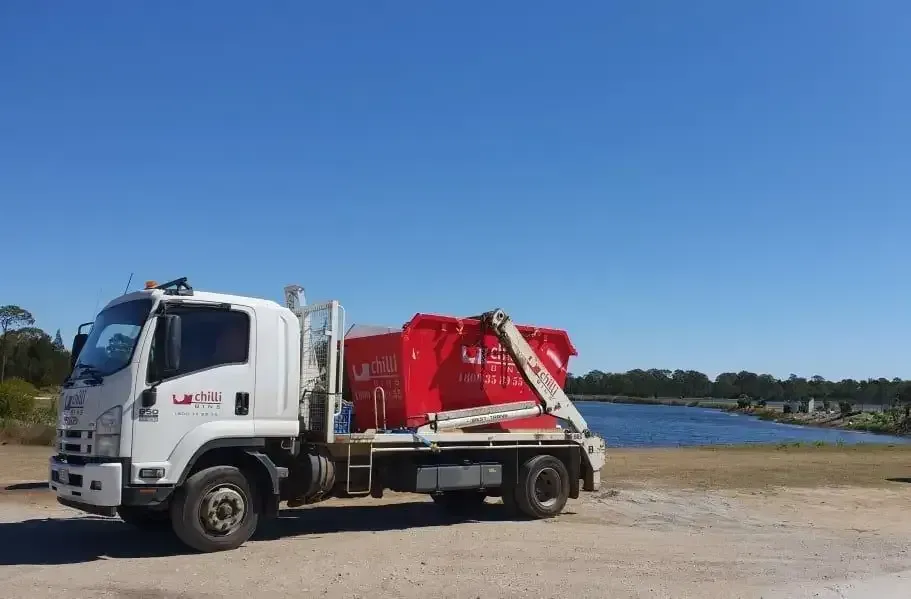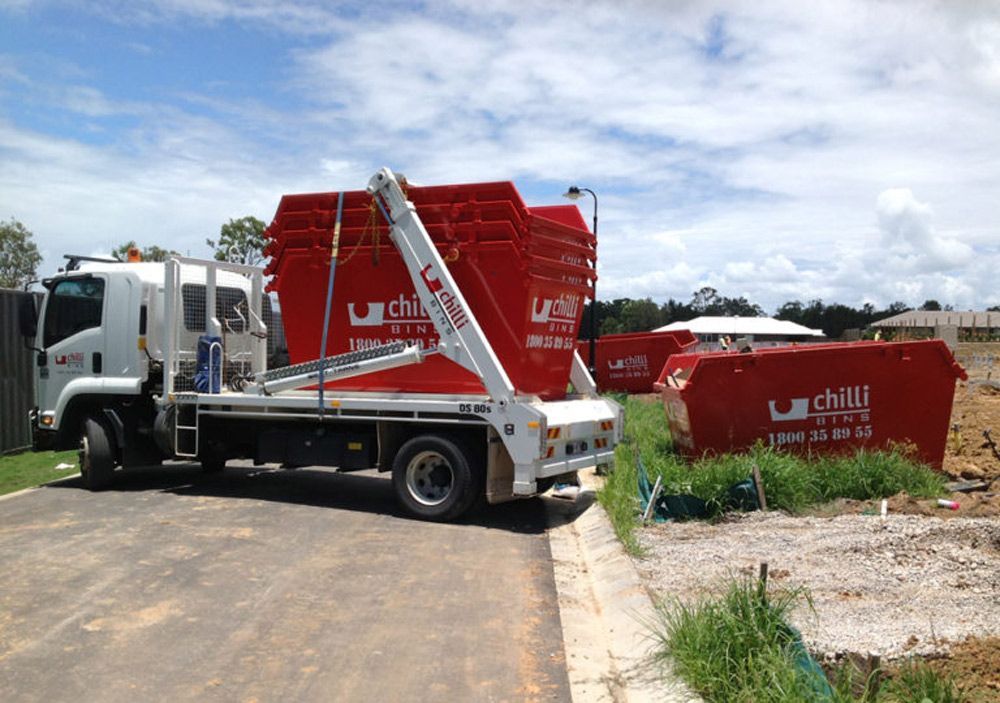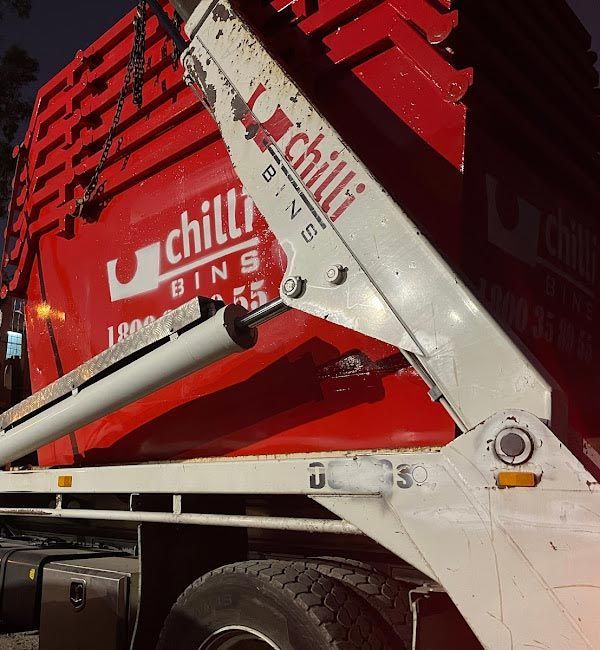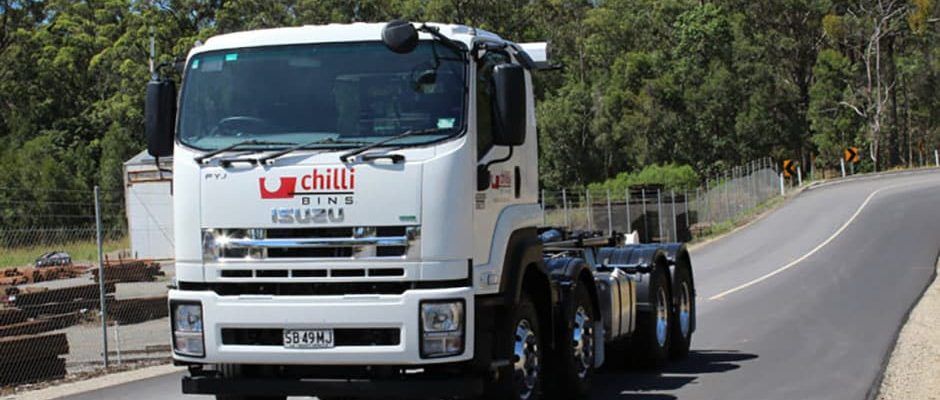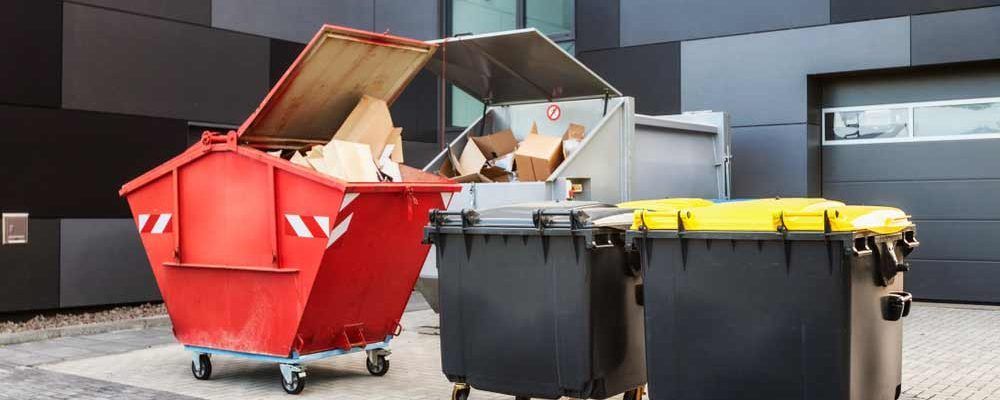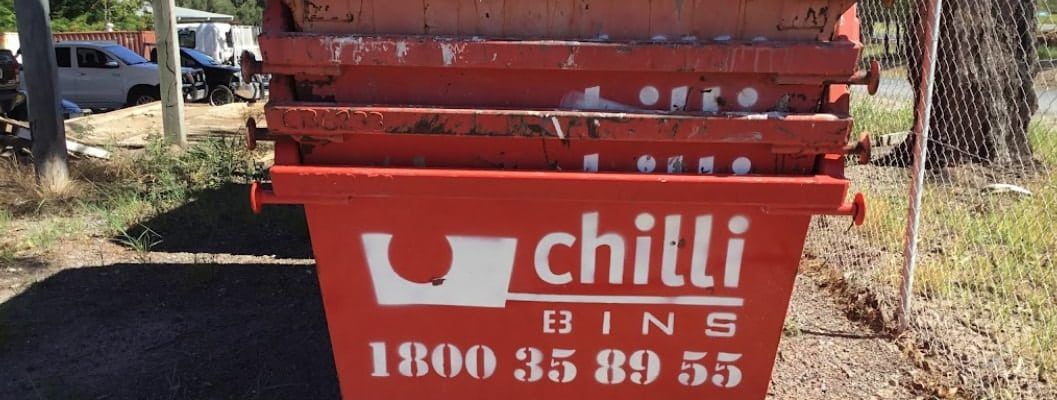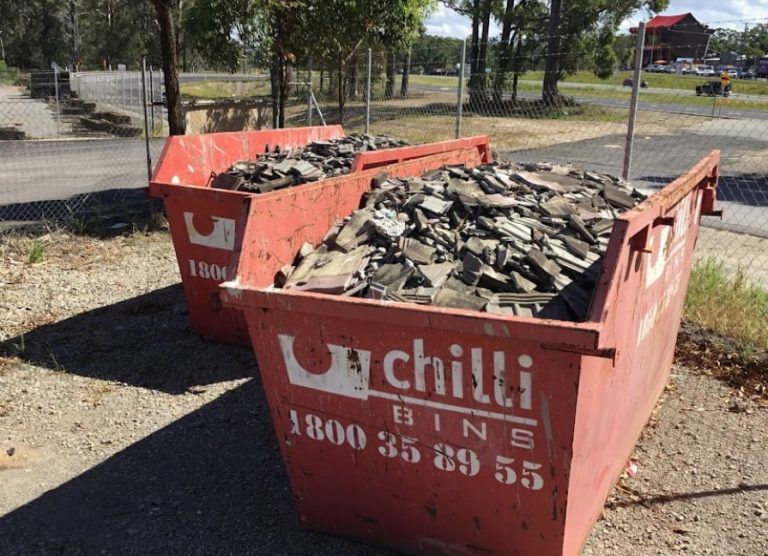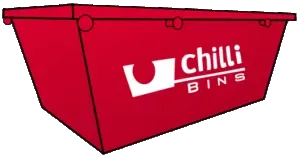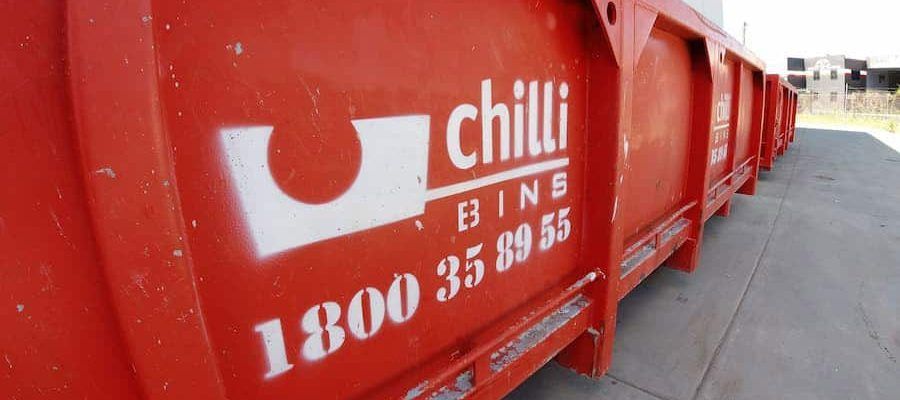Guide To Recycling White Goods
In today’s world, recycling is one of the most important practices we can do to reduce waste and preserve our planet. While most people are aware of recycling paper, plastic and glass, many forget about the importance of recycling white goods.
In this blog, we will guide you through how to dispose of white goods properly and the differences between recycling, donating or selling them.
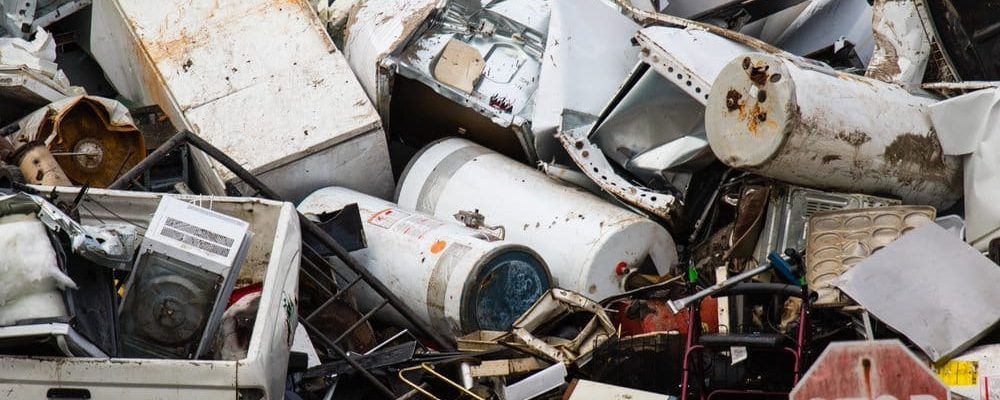
The Importance of Recycling White Goods
White goods are a major contributor to electronic waste, which is a significant issue for the environment. Electronic waste contains harmful chemicals that are detrimental to human health and the environment. By recycling white goods, we can recover precious metals and reduce the amount of waste that goes to landfill. Moreover, when we recycle white goods, it reduces the need for raw materials and energy used in the production of new products, further reducing our carbon footprint.
What Are White Goods?
White goods refer to large household appliances that are primarily white or light-coloured. Here are a few common examples of white goods:
- Refrigerators
- Freezers
- Dishwashers
- Washing Machines
- Dryers
- Ovens
- Stoves
- Microwaves
- Air Conditioners
How to Dispose Of White Goods Properly
White goods are not accepted in regular garbage or recycling collection. When disposing of white goods, there are several options, including:
- Contact your local council or waste management facility: Many councils offer curb side collection of white goods or have designated locations for recycling large appliances. You can contact your local council to find out what services are available in your area.
- Contact a recycling or e-waste facility: There are several recycling facilities that accept white goods. You can search for e-waste or appliance recycling facilities in your area online.
- Retailers or manufacturers: Many retailers and manufacturers have take-back programs where they collect old appliances and recycle them. You can check with the retailer or manufacturer where you purchased the appliance to see if they offer a take-back program.
Recycling White Goods vs. Donating or Selling
When disposing of white goods, you may consider donating or selling them. However, it’s important to understand that donating or selling white goods is not the same as recycling them. Here are some differences between the two:
- Environmental impact: When you donate or sell an appliance, it may end up being used for a longer period. However, if the appliance is not in good condition, it may end up in a landfill, contributing to waste. On the other hand, when you recycle an appliance, the materials are recovered and reused in the production of new products.
- Convenience: Donating or selling appliances may be more convenient, as it involves less effort than recycling. However, recycling is an important practice that reduces the amount of waste that goes to landfill, so it’s worth the extra effort.
- Cost: Donating or selling an appliance is usually free and may provide some financial benefit, but recycling can cost money. The cost of recycling may vary depending on your location and the type of appliance being recycled.
Skip Bin Hire
If you’re renovating, spring cleaning or upgrading appliances in your home or business, we can provide solutions for recycling your white goods.
Other types of waste our team can remove include:
- Green waste
- Carpets & underlay
- Old computers
- Roofing
- White goods & appliances
- Plastics
- Electrical Waste
There’s no job too big or small for our Sunshine Coast skip bin hire professionals. Contact us today on 1800 358 955 to arrange a free quote or find out more about our services
